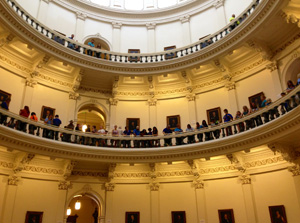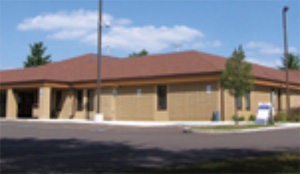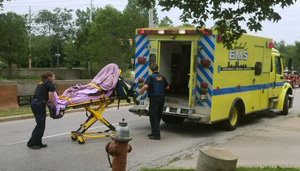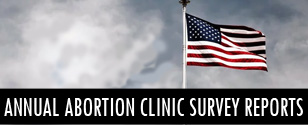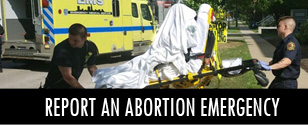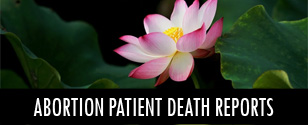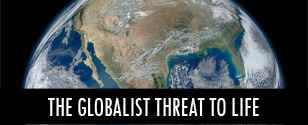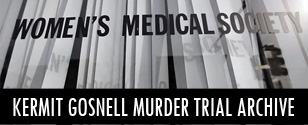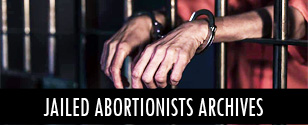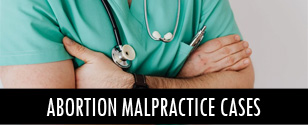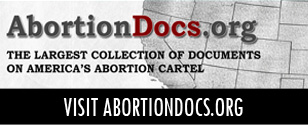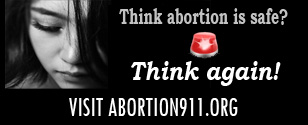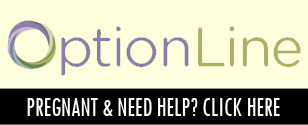Operation Rescue warns that human cloning is dangerous and unethical
London, England — The man who cloned Dolly the Sheep has been granted a license today by the British government to begin cloning human embryos for research. Ian Wilmut, who cloned Dolly at the Roslin Institute in Scotland in 1996, has been given approval to begin the “therapeutic” cloning of human embryos for experimentation investigating faulty nerve cells that cause motor neuron disease. “Therapeutic” cloning is so called because the human embryos created are not allowed to mature. They are killed when their cells and/or organs are harvested for research.
“The only difference between therapeutic cloning and reproductive cloning is that in the first method, the baby is destroyed at an early stage of development, while in the latter method, the baby is implanted in the womb in an attempt to bring a child to term,” said Operation Rescue spokesperson Cheryl Sullenger, who authored a booklet on the ethics of such biotechnological developments. “There is no difference in technique. These ‘therapeutic’ experiments create human beings for the sole purpose of killing them. It is hard to image an act more unethical and devaluing to human life.”
“It should also be noted that Dolly the Sheep died prematurely from complications in the cloning process that have not been fully resolved,” said Sullenger. “There should be concern that the tissue harvested from cloned human embryos may present more dangers than many are willing to admit.”
Operation Rescue was one of the first pro-life groups in the United States to publicly oppose human embryonic experimentation such as cloning and stem cell research.
“It is completely unethical to engage in these life-destructive human experiments,” said Operation Rescue president Troy Newman, who led some of the first protests against human embryonic experimentation in the United States. “Even if some cure using human embryonic tissue is found, the price paid in loss of human life makes this kind of experimentation totally unacceptable. We trust that the world’s scientists are bright enough to find another way to deal with the world’s ills than to kill innocent children at their earliest stages of development in a dubious and uncertain quest for knowledge.”
FREE DOWNLOAD: Bioethics in an Age of Emerging Biotechnology by Cheryl Sullenger



